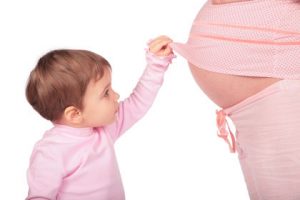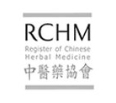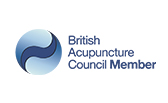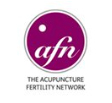FERTILITY AND INFERTILITY
 Unfortunately today, more and more couples are finding that having a child is not an easy option for them. There are multiple causes for this, including people waiting until they are older to try and conceive, which reduces their chances, declining male fertility (the amount of sperm per ml considered normal is a quarter of what it was in the 1970’s). There are also various diseases that can affect fertility such as polycystic ovary syndrome (PCOS), endometriosis, immunological factors, blood clotting factors, and thyroid disease.
Unfortunately today, more and more couples are finding that having a child is not an easy option for them. There are multiple causes for this, including people waiting until they are older to try and conceive, which reduces their chances, declining male fertility (the amount of sperm per ml considered normal is a quarter of what it was in the 1970’s). There are also various diseases that can affect fertility such as polycystic ovary syndrome (PCOS), endometriosis, immunological factors, blood clotting factors, and thyroid disease.
Fortunately it is not a sentence and many things can be done to treat diseases and maximise fertility through working on menstrual health.
Points to remember:
- It is not abnormal for a couple to take 18-24 months to conceive
- Humans are probably the least fertile mammal, with an overall fertility rate of 29% per cycle
- There is a window of 12-24 hours for the Ova to be fertilised
- Shortly after ovulation the cervix becomes blocked by mucus under the action of progesterone
- Sperm can live on average 5-7 days in the uterus
- studies indicate that the optimal time to have sex for conception is 2 days prior to ovulation
- Therefore trying to conceive when an ovulation test is positive doesn’t in fact give you the best chance
- The amount of semes produced by a man replenishes after 24 hours to to maximise sperm quality and quantity, trying every 2 days is optimal.
So one of the most important factors you need to know about is when a woman ovulates in advance. This can be very difficult if her cycle is unpredictable, long or alternating between short and long, and in conditions like polycystic ovaries which interfere with the hormonal balance and disrupt the menstrual cycle.
Chinese Medicine, Acupuncture and Infertility
This is one of the areas in which acupuncture and Chinese herbal medicine can be of most use. We start by looking ant any features of the menstrual cycle that are abnormal or pathological, like cycle length, regularity, pain, blood flow (light, heavy, clotted) and use this along with a full case history to arrive at a diagnosis of the imbalance. Then the treatment is applied, individualised to the patient to correct issues and restore balance.
Gynaecology is one of the areas where acupuncture and Chinese medicine really have a lot to offer, it is very rare for treatment not to have any beneficial effect, and often the results are dramatic and profound. In many cases of ‘unexplained infertility’ regulating the cycle is all that is required; a little help smoothing things out and nature can do the rest.
When there are existing pathologist however it is more difficult, though still worth working through. Acupuncture and Chinese medicine can help in these instances as well, but it can take longer. What is more there is often very little in the way of treatment options in conventional medicine, but you probably know that already since you are already reading this!






